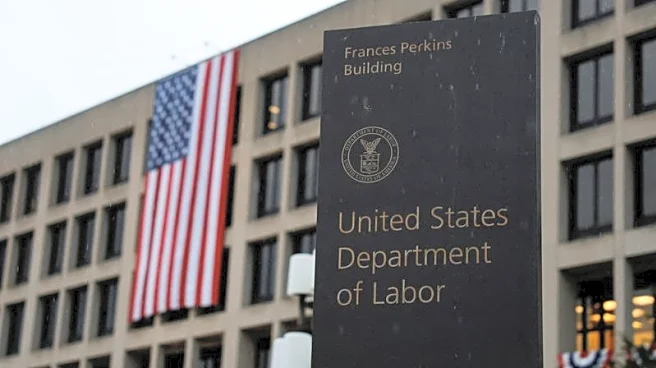What's Happening?
The United States provides Israel with an annual $3.3 billion in military aid under the US-Israeli security assistance Memorandum of Understanding. This aid is part of a broader defense budget, which includes
significant expenditures on global military support, such as $12 billion annually for Japan and Korea. The aid to Israel is often criticized by some political figures, including Rep. Alexandria Ocasio-Cortez, who argue that these funds could be better spent on domestic social needs. However, proponents of the aid highlight the strategic benefits, including technology and intelligence sharing, and Israel's role as a testing ground for American weaponry.
Why It's Important?
The military aid to Israel is a contentious issue in U.S. politics, reflecting broader debates about foreign aid and national priorities. Supporters argue that the aid strengthens U.S. strategic interests in a volatile region, enhances military technology, and supports a key ally. Critics, however, see it as a misallocation of resources that could address domestic issues like poverty. The debate touches on broader themes of U.S. foreign policy, defense spending, and the balance between international commitments and domestic welfare.
What's Next?
The discussion around U.S. military aid to Israel is likely to continue, especially as political figures and advocacy groups push for a reevaluation of foreign aid priorities. Future debates may focus on the effectiveness and necessity of such aid in light of changing geopolitical dynamics and domestic needs. Congressional hearings or policy reviews could be on the horizon as stakeholders seek to influence the direction of U.S. foreign aid.
Beyond the Headlines
The aid to Israel also raises questions about the ethical implications of military support in regions with ongoing conflicts. It highlights the complex interplay between national security interests and human rights considerations. Additionally, the aid serves as a case study in the broader discussion of how the U.S. balances its international responsibilities with domestic challenges.











